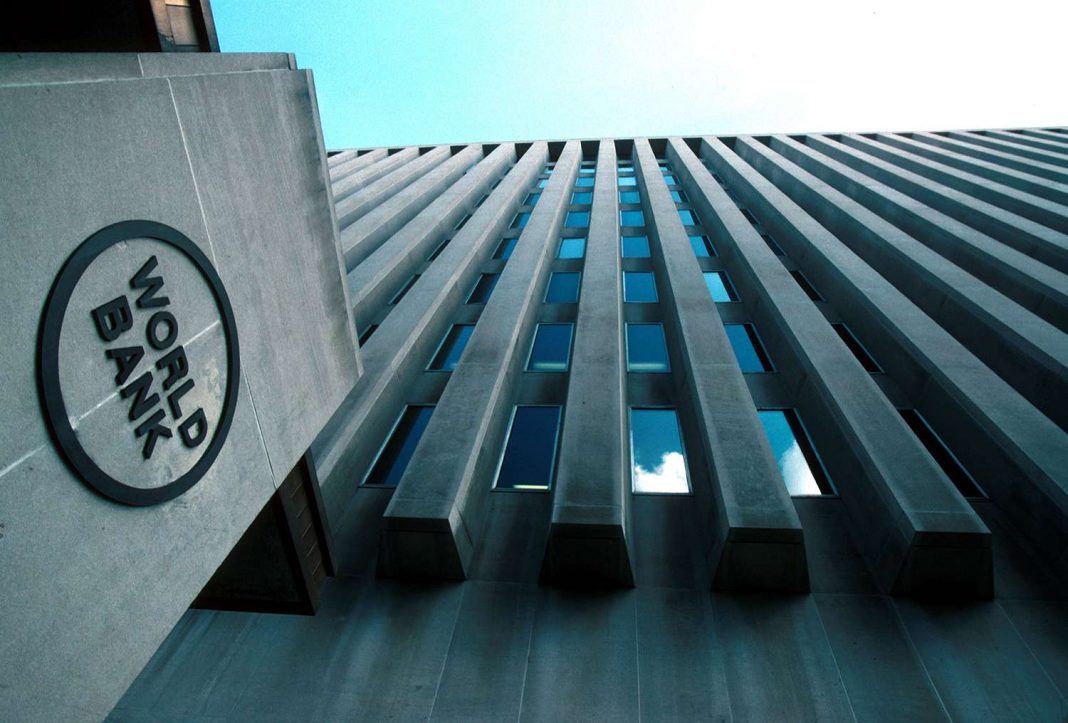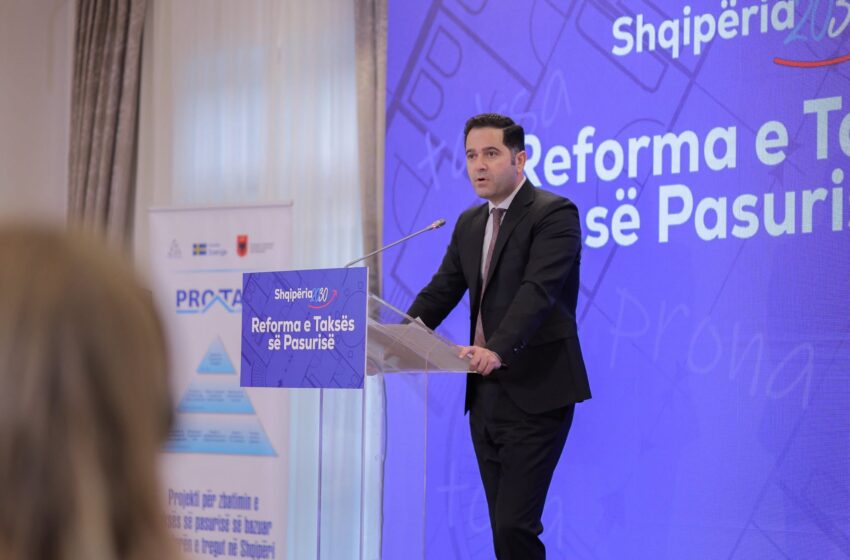World Bank sees stable growth in Albania’s economy through 2025

The World Bank has praised Albania’s positive economic growth trend and reaffirmed its commitment to support the country in key economic and social areas. According to the Bank’s latest Western Balkans economic report, presented today in Tirana, Albania’s economy is projected to grow by 3.3% in 2024, with growth accelerating to 3.4% in 2025. Key drivers include tourism, construction, and consumer spending.
Why is this important: The steady growth forecast signals Albania’s ability to maintain economic momentum amid global challenges, which is critical for its aspiration to join the European Union (EU). Albania’s growth aligns with the broader regional recovery, where the Western Balkans are projected to grow by 3.7% in 2025, up from the World Bank’s earlier estimates.
Key sectors and economic stability: Tourism and construction are highlighted as the primary contributors to export growth, investment, and consumer spending. The Bank’s report also notes that Albania has the lowest inflation rate in the region, with inflation expected to remain below the 3% target in the medium term.
Additionally, tax revenues increased by 8% as of July 2023, reflecting sound fiscal management. The current account deficit is expected to remain stable at 3.8% of GDP, indicating a balanced approach to public finance, even in uncertain global economic conditions.
Job creation and poverty reduction: Employment has increased mainly in the private sector, with wages rising by 12.7% across industries over the last year. This growth has led to a reduction in poverty levels, which is expected to continue as higher incomes and job creation boost household finances.
Regional outlook and EU integration: The World Bank emphasizes that EU membership prospects are a key motivator for reforms, helping Albania align its policies with EU standards. However, structural reforms are essential for sustaining growth and improving productivity. Albania needs to enhance its business environment and further integrate with international markets to unlock higher economic potential.
Risks and challenges: Despite the positive outlook, the World Bank warns that global economic uncertainties remain a threat to Albania’s progress. Slower global growth, inflation fluctuations, political instability, and climate risks could disrupt the recovery.
The report also addresses migration challenges, noting that one in four Western Balkan residents currently lives abroad. While migration can drain the local workforce, it also offers opportunities through remittances, knowledge transfer, and diaspora investments.
Policy recommendations: To manage migration effectively and harness its benefits, the World Bank recommends several policies for Albania and the region:
- Develop skill-based training programs and mobility partnerships with host countries.
- Enhance social protections for migrants to ensure safe migration and encourage their return.
- Simplify processes for diaspora members to transfer capital, technology, and expertise back home.
- Improve data collection systems to guide effective migration management and policymaking.
If managed effectively, the report suggests that migration could reduce poverty, increase exports, and attract investment. Remittances from the diaspora strengthen household finances, while returning skilled migrants contribute to innovation and productivity, fostering economic “brain gain.”
What’s next: Albania’s economic trajectory will depend heavily on global recovery and the implementation of domestic reforms. Accelerating reforms to improve productivity and deepen trade relations with the EU will be critical for sustaining long-term growth and converging with EU living standards. Policymakers must also focus on regional collaboration and trade facilitation to leverage the country’s full potential.


